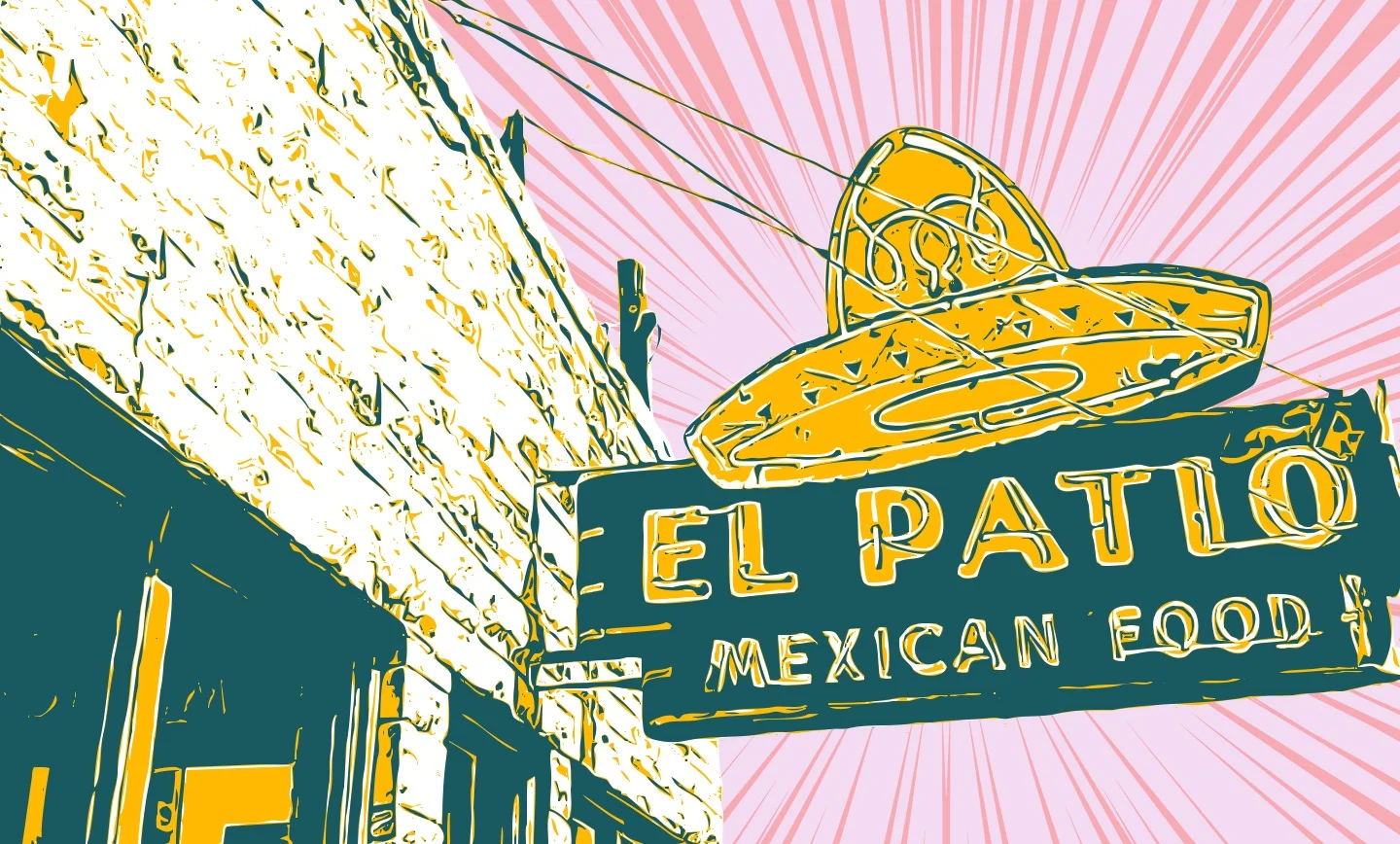Shared Language
On June 2nd, 2017 Rima Begum, MSM, interviewed Nur Bepary, the owner of Nur's Auto Shop in Queens. The following interview was conducted in Bengali and translated into English.
What was your reason for immigrating to the United States? Did you immigrate with your family? If so, when or when did they join you?
After I got married and had 3 children it was becoming difficult to support them financially. In Bangladesh there are very few job opportunities, so I moved to Kuwait to earn some money that I could send back to my family back in Bangladesh. In Kuwait I learned to work on cars and felt like I found my niche. In 1995, I got approved for the Diversity Visa to come to America. When this opportunity arrived, I travelled back to Bangladesh and immigrated to the United States, leaving behind my wife and three children. My family joined me in New York City in 2003. The United States offered my family better education, job security, and safety.
What was your first impression of New York City?
When I first came to New York City, I immediately felt a sense of safety. This could be due to the large Bengali community, especially in Queens. I found people who spoke the same language, ate the same food, and people who dressed like me. I did not feel a sense of loss from my country. With the hustle and bustle of the city, I learned that anything is possible in New York. I did what I knew best, auto work. After four years of employment as an auto worker, I opened up my own auto shop with two friends in 1999, we owned that shop for almost 15 years.
“I think that is one the best qualities of immigrants, we take what we have in front of us and make it work for us.”
Do you identify as an American? If so, what does it mean to be American? Do you feel safe now as a Bengali-Muslim American living in New York City?
I am an American because half of my adult life has been settled here, I have made a life here for myself and my family. My children received valuable education through public schools in New York City and have secure employment. To me, being American means that I am able to have religious freedom as a Muslim man in this country, I am able to be still be surrounded by a rich Bengali culture, and I am able to participate like every other citizen of this country by having the right to vote. I have never lived in fear as a Bengali-Muslim American in this country and I do not believe I should feel otherwise in 2017.
How do you run a small business knowing very little English?
Before I opened up my own small business with my two sons, I served TLC drivers and South Asian community for 15 years. A majority of TLC drivers are South Asian. I was able to communicate and relate to individuals from my background. I have a supportive clientele who have followed me to my new business. Auto work has taught me to expand my language skills, I can speak Hindi and Urdu now. Although my English is poor, the language of auto work has helped me navigate individuals I serve from all backgrounds. With the support of my two sons, we are able to run a functional small business. They assist me with the paperwork, translation, and all other aspect of the business that I am not able to manage. I think immigrants are a beautiful and necessary addition to this great land. Which is why I employ immigrants: two Senegalese Muslim workers, one Ecuadorian worker, and a Mexican worker. We come from very different backgrounds and speak different languages but the work is the same. We all enjoy auto work and find ways to communicate with each other, we just make it work. I think that is one the best qualities of immigrants, we take what we have in front of us and make it work for us.
Where do you currently live? And tell me about your community.
I currently reside in Jamaica, Queens which is a predominantly Bengali neighborhood. I have made long lasting friendships and find a lot of support from my Mosque. Living in this community has helped me find comfort on foreign land even when my family was not in New York City. Living in this neighborhood has helped me teach my children about being Bengali and being American. The community here is resourceful and we find ways to support new Bengali families immigrating to New York City, we help each other out, it can be scary when you move to new country. Jamaica is a great neighborhood with local restaurants, schools, and parks.
What do you think about the new administration?
I don’t like the Immigration ban on Muslim countries by the new President. The Diversity Visa was created to be more inclusive of immigrants from all over the world. I would not be a small business owner if the Diversity Visa was not available for me and my family. I was able to come to this country in search of a better life and security for my family. People around the world dream of living the American dream and we should be open to having more immigrants in this country.
How can New Yorkers support Bengali immigrants?
I believe there are thousands of Bengali people in New York City—get to know them, ask questions. We like it when people are curious about our language, our land, and our people. Go visit a local mosque and learn about Islam, or if you like to eat food, go to Jackson Heights and grab a delicious fish curry with rice.
Nur Bepary at work. All images courtesy of the author.






